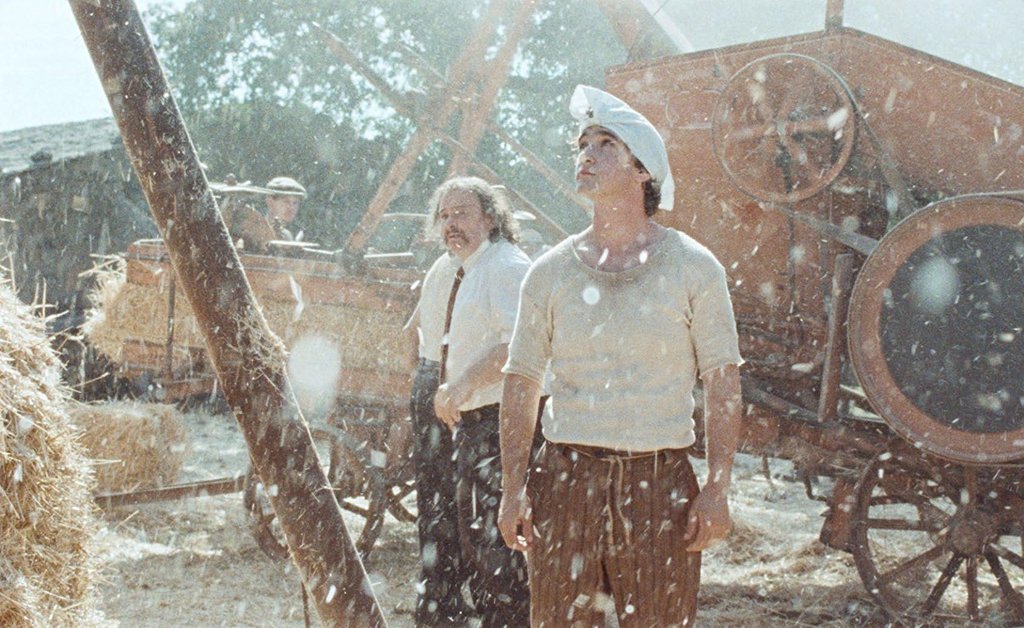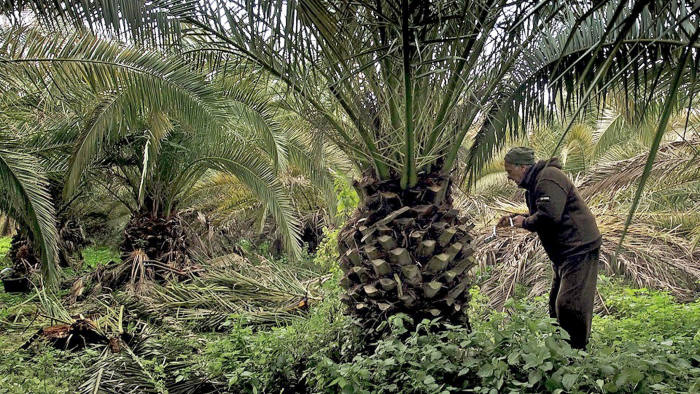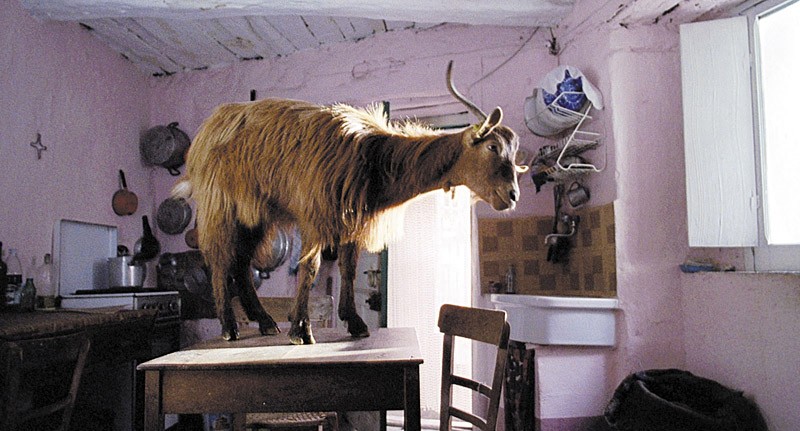Ilaria Puliti
Background
I am a PhD candidate at Warwick since October 2019. I hold an MA (with distinction) in Film and Television Studies (University of Warwick), an MA (with distinction) in Teaching Italian to Foreigners (University of Urbino, IT), an MA in Intercultural Business Communication (University of Urbino) and a BA in Asian Languages and Cultures (University of Rome 'La Sapienza').
From 2015 to 2016, I have collaborated with the University of Urbino in several projects to teach Italian as a Second and Foreign language. I have been a tutor of Italian language and culture at the Department of Modern Languages (University of Leicester) from May 2016 to September 2019, as well as a seminar tutor for BA and MA students in Modern languages and translation (UoL).
Current research
Rural Modernities: the Politics and Aesthetics of Extra-Urban Experiences in Italian Cinema.
My research examines Italian cinema’s treatment of rural environments within a critical framework that identifies the countryside as a site of modernity, thus questioning theorizations that celebrate the city as the primary cinematic site for modern life. Cinema, television, and visual arts have conventionally celebrated the experience of modernity through a mise-en-scène made of neon lights and car scenes, flâneurs and cafés, postwar ruins and street vendors. Italian cinema has famously shown an emphasis on the urban milieu. This longstanding association with the metropolitan experience has been a distinctive feature of Italian neorealism, where the cities of Rome, Milan and Naples appeared more prominently.
The last ten years have seen the emergence of films with rural settings (such as Le quattro volte (2010), Le meraviglie/The Wonders (2014), Lazzaro felice/Happy as Lazzaro (2018) drawing attention to the impact of modernization and urban expansion on rural dwellings and showcasing a sensory aesthetic. Considering how the issues raised by this new wave of films are timely and appropriate for the current Italian context, my project also seeks to problematize conventional readings of the countryside as site of backwardness and timeless tradition. In fact, I have a particular interest in films that situate modern conflicts precisely in the rural space, thereby escaping or complicating the conventional urban-rural divide.
Drawing upon an emerging interdisciplinary field of research that intends to reassess non-urban portrayals across diverse media, each chapter investigates aspects related to rural modernity by proposing and weaving unexplored relations between historical and contemporary cinema. By reading against the grain key neorealist, post-neorealist, and twenty-first-century films, I propose my own theorization of Italian rural modernity and how the cinematographic language exposes critical relationships between rural and urban spaces, identities, and their ongoing crises.
My research project is supervised by Professor Stephen GundleLink opens in a new window and Professor Karl SchoonoverLink opens in a new window and funded by the Wolfson Foundation.
Publications
- ‘Practices of Film Exhibition in Ascoli Piceno from the Origins to World War Two’, in Damien Pollard, Edward Bowen (eds.), Film Exhibition: The Italian Context, (Cambridge: Legenda Press, forthcoming) [accepted, under preparation].
- ‘Spazi rivendicati. L'adolescenza femminile nel cinema di Alice Rohrwacher’, in Beniamino Gigli, Patrizia Massa (a cura di), Alice Rohrwacher. Premio Ludovico Alessandrini 11° edizione (2022), pp. 6-13.
- ‘Spazi rivendicati. L'adolescenza femminile nel cinema di Alice RohrwacherLink opens in a new window’, Cineforum n. 590 (2019), pp. 68-78.
- ‘Combining Synchronous and Asynchronous Communication in a Transnational E-language Learning Environment: An Analysis of Teachers’ PerspectiveLink opens in a new window’, Italian Studies in Southern Africa 32:2 (2019), pp. 245-274.
Conference papers
- ‘Early Practices of Film Exhibition in Ascoli Piceno: From 1908 to World War II’, Film Exhibition: The Italian Context Symposium, University of Cambridge, 2 July 2022.
- 'The critical reception of Lazzaro Felice in the United States, practices of eco-cinema and the absence of a tourist gaze', American Association of Italian Studies (AAIS), University of Bologna, 1 June 2022.
-
'Against touristification: an analysis of rural locations in Alice Rohrwacher’s Lazzaro felice/Happy as Lazzaro (2018)', Department Research Day, University of Warwick, 19 May 2021.
- 'Rural modernities: the politics and aesthetics of extra-urban experiences in Italian cinema', Department Research Day, University of Warwick, 13 May 2020.
- 'Finding Alternative Girlhood. Adolescenza e non-conformità di genere nel cinema di Alice Rohrwacher e Céline Sciamma', Contemporary Women's Cinema and Media: Aesthetics, Identities and Imaginaries, Roma Tre University, 20-22 November 2019.
- ‘Digital Learning and Cultural Awareness’, American Association of Italian Studies (AAIS), Sorrento (Italy), 14-17 June 2018.
Teaching
- Seminar tutor for Film HistoryLink opens in a new window FI106 in the Autumn and Summer Term (2021/22) assisting Professor Stephen GundleLink opens in a new window.
Current roles
- Member of editorial board Cinema e Storia (2022).
- Co-founder of the Italian Cinema GroupLink opens in a new window, Department of Film and Television, University of Warwick.
- Co-organizer of the International Conference of 'Postcolonial Italian CinemaLink opens in a new window', Sapienza University of Rome, 16-17 September 2021 - University of Warwick, 1 October 2021.
- Co-organizer of the Film and Television Departmental Research Day, University of Warwick, 19 May 2021.
- PhD representative of the Film and Television PGR Student-Staff Liaison Committee (SSLC) (2020/2021)
- Member of AAIS (American Association for Italian Studies), ASMI (Association for the Study of Modern Italy), BAFTSS (British Association of Film, Television and Screen Studies), and CUC (Consulta Universitaria Cinema).
Other
Podcast: José Arroyo in Conversation with Ilaria PulitiLink opens in a new window on Luca (Casarosa, 2021) [18 August 2021]
Contact

Lazzaro felice (Alice Rohrwacher, 2018)

Sacro GRA (Gianfranco Rosi, 2013)

Le quattro volte (Michelangelo Frammartino, 2010)
Riso amaro (Giuseppe De Santis, 1949)
